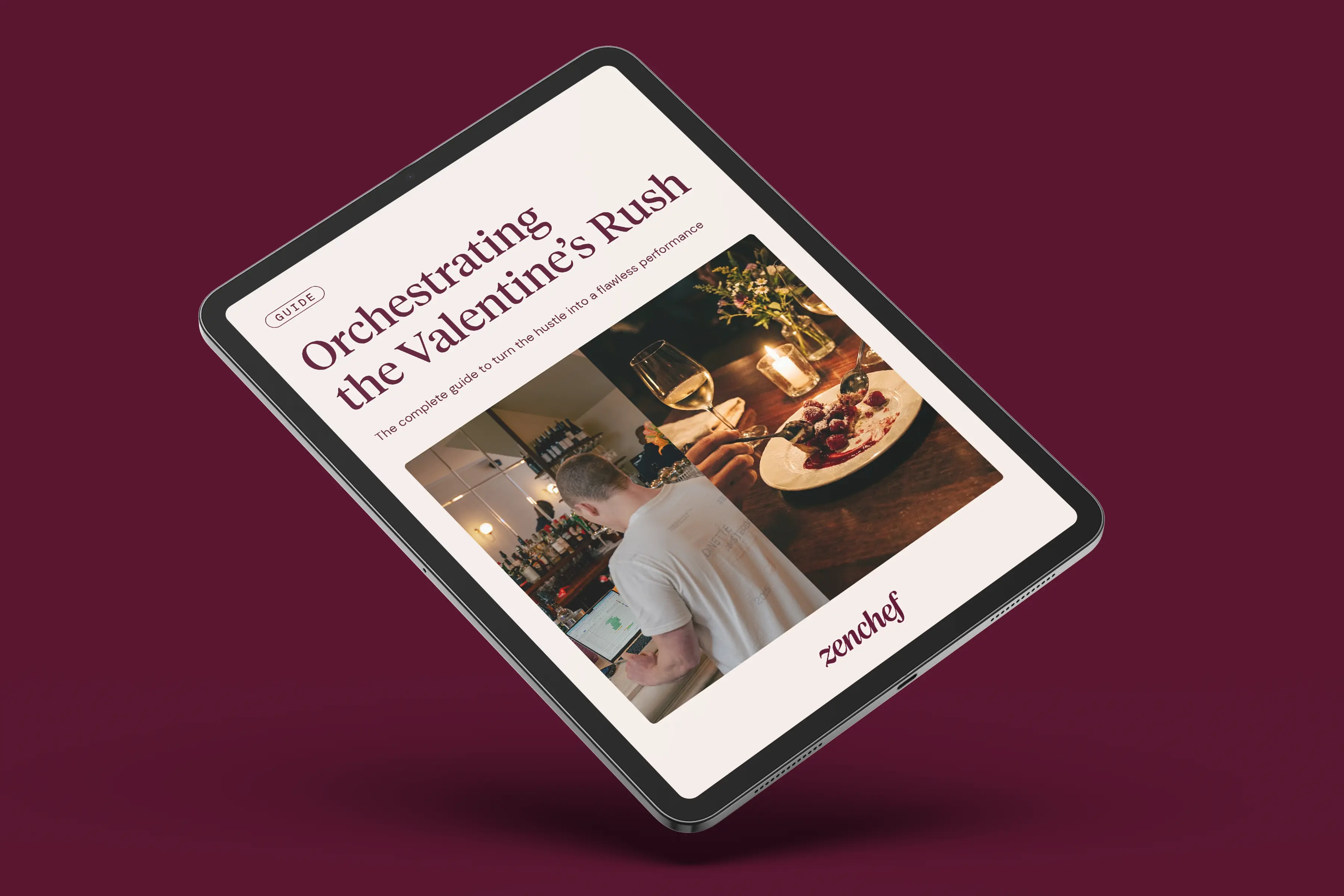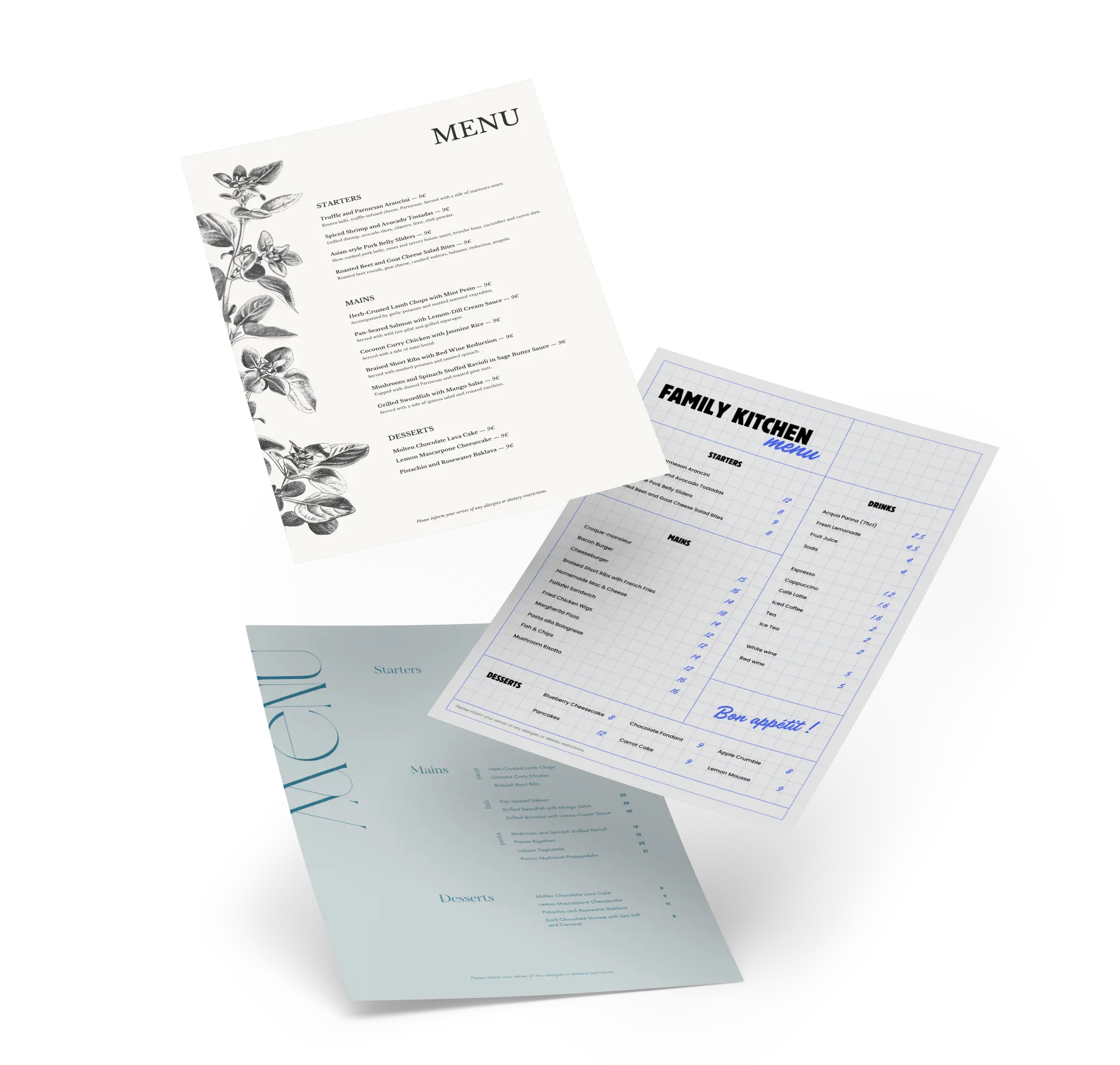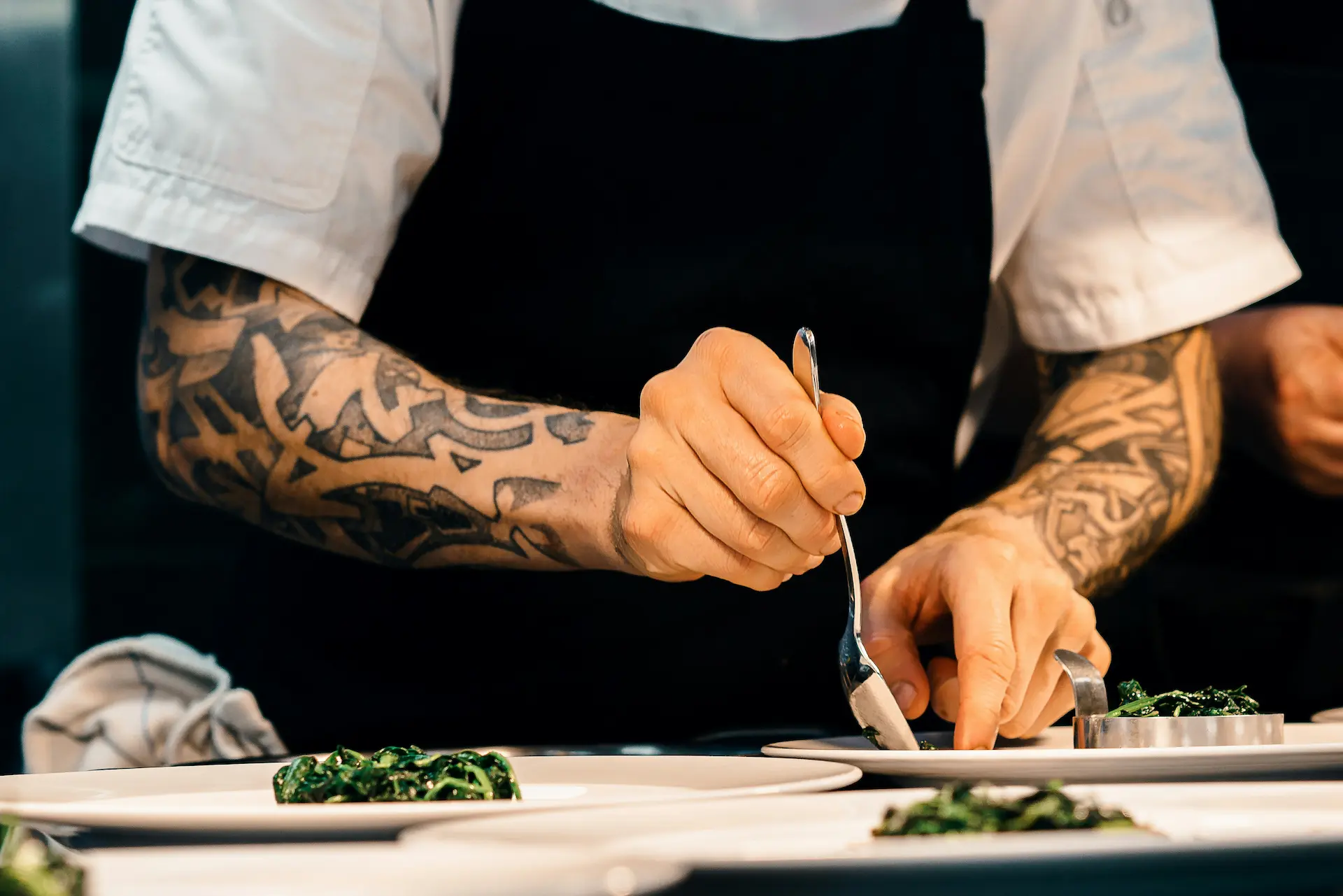
Digital tools in Dutch restaurants: A growing necessity
Four out of five restaurants in the Netherlands use an online platform. While hospitality will always be a people-first business, the role of digital tools, data, and personalization is increasingly impossible to ignore.
To dive deeper into the growing gap between guest expectations and restaurant realities, a large group of hospitality entrepreneurs gathered on a Monday morning at the Zenchef office in Amsterdam to reflect on the findings. One thing was immediately clear: when the conversation is about improving efficiency and lowering costs, restaurant owners show up and speak up.
Challenges of no-shows and guest behavior
While the room warms up, laughter is shared over the agreed dislike for the guest who claims they know the owner or treats reservations as loose suggestions. It seems one thing stands out among others: no shows are a cause for annoyance, and lowering them without adding more work or costs is essential to the efficient advancement of a digital reservation system. Emine Youssef, Regional Director Benelux at Lightspeed, captured the sentiment well: “It feels like you have to educate the guest, let them know that when they don’t show up, it has repercussions, that the person running the restaurant is a human, not just a website”.
The conversation expanded to the broader challenges of running a restaurant in 2025: guest personalization, “shrinkflation”, and maintaining quality while keeping margins alive. Shrinkflation, offering less for more, was met with raised eyebrows, but also nods of recognition. Guests still expect full service and top quality, even as costs rise. So, where can digital tools actually help?
A roundtable discussion offered varied insights. Staying top of mind, staying relevant, appears to be an essential tactic to remaining successful. Your restaurant's story, your branding, needs to live across your digital footprint. This is a big topic;, the use of various social media platforms is undeniably predominant. It’s not just about food anymore; it’s about identity, evolution, and dialogue with both guests and staff. The booking journey itself is a crucial piece of that story.
Reducing late cancellations and no-shows remained central to the conversation. Deposits are increasingly seen as essential, especially in Nordic cities. Whether required for all bookings or only for larger parties, they’re becoming the norm. Some joked about adding a ‘pay later’ option to curb flakiness, but the reality is more serious: deposits work, but only to a point. As guests grow used to them, their effectiveness may decline, suggesting the need for a smarter system.
Personalization as a key digital tool
This brings us back to personalization, arguably the most powerful tool digital systems offer. The more data available, the better. All restaurateurs agree: personal touches make people come back. Addressing them by name, knowing when they last came to the restaurant, being ahead of their dietary preferences, these are small details that make a big difference. Only 33% of the owners participating in the research indicate that they use this data daily, but from the roundtable, it appears this is one of the tools that is most crucial.
The takeaway? A well-designed digital system isn’t there to replace human hospitality—it’s there to enhance it. By handling the logistics and enabling personalization, it allows restaurant teams to do what they do best: deliver warm, memorable, human experiences.











.webp)













